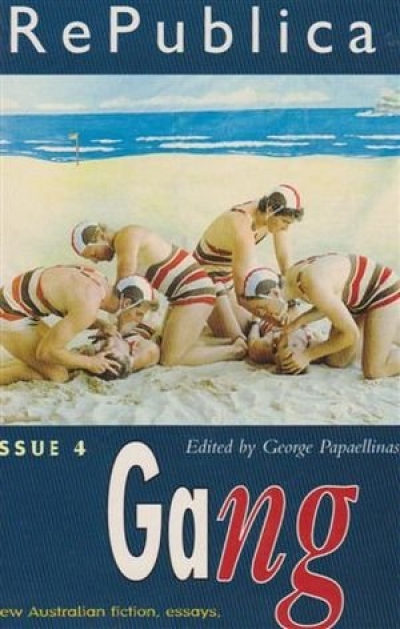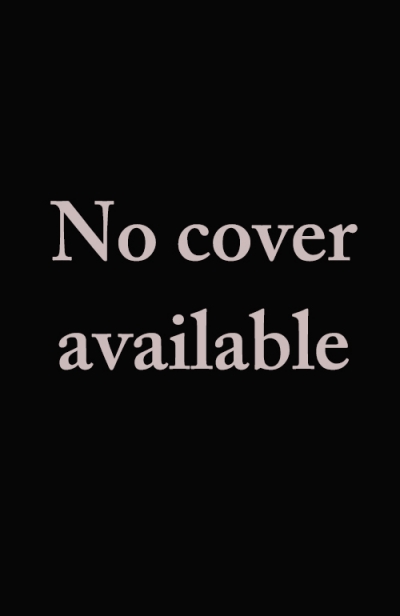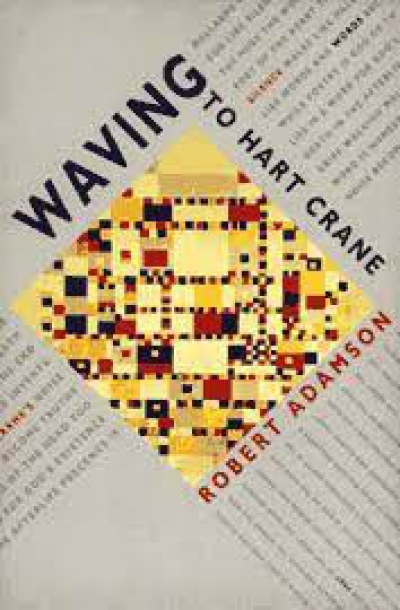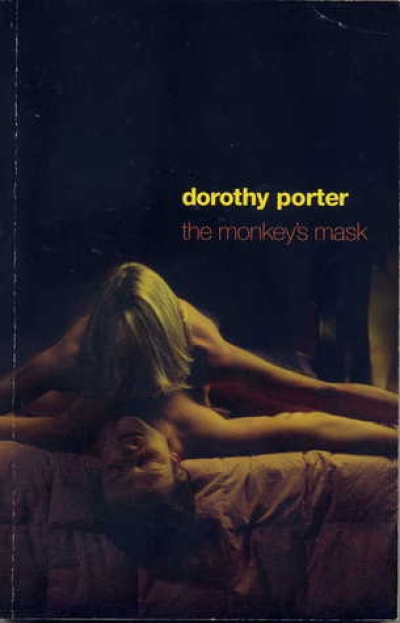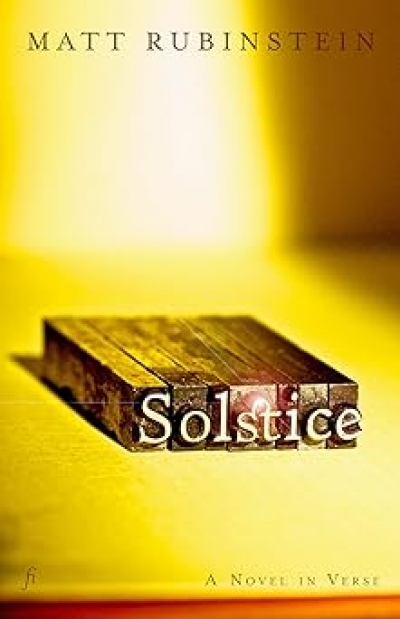Poetry
Browsing through some of the late 1995 offerings from small poetry presses was a case of moving between the dark and light in both themes and styles.
Decidedly on the dark side were two chapbooks from Shoestring Press in Nottingham, giving English publication to the work of two oddly matched Australian poets, Dimitris Tsaloumas and Tim Thorne.
Tsaloumas’ poetry is characterised by gravitas and a grand universality of theme and has sometimes seemed exotic or anachronistic in the less formal, more colloquial context of Australian poetry. Interesting that his English publisher felt it necessary to provide a brief Foreword to Six Improvisations on the River, offering a cautionary note:
... (read more)[Tsalomas’] mode of writing may fret British readers conditioned to expect a less composed, a rawer poetry, one attempting to recreate the force of immediate experience.
Ivor Indyk reviews poetry by Karen Attard, M.T.C. Cronin, Lisa Jacobson, Peter Minter, Sue L. Nicholls, and Mark Reid
These six poetry titles represent the third series of New Poets to be published by Five Islands Press. Each title runs to exactly thirty two pages – no more, no less. It is, in a sense, a mini-collection, or a semi-collection, midway between a reading and a book. The series as a whole is therefore like a showcase of new talent – you applaud some of the poems, and get impatient with others, much as you do with the poets themselves. This is a good thing – it presents poetry as the provisional affair it really is, most of the time, for poet and reader alike.
... (read more)Is it only reviewers who read literary magazines through as if they were books while most people dip into them? In the hope that a theme for each issue would hold the attention of readers RePublica this time has centred on Gang.
... (read more)In his 155-page essay on Australian poetry in The Oxford History of Australian Literature, Vivian Smith modestly makes only one passing reference to his own work, noting that he, with a number of other modern poets, had been influenced by university education.
... (read more)When I started publishing my poems back in the early 1970s, I did so amidst a concern that Australian poetry was being Americanised: Coca-Cola, the pizza parlour, and the rock and rollers’ preoccupation with that thing called ‘lurve’ had swept all that was pure and true into the trashcan of history, and we with our Olsons, O’Haras, and Berrigans were unwitting accomplices to this annulling of our own birthright. My defence at the time would have been, ‘well, we’re taking aboard all that’s repulsive in American culture: their military and economic theses, their particular variety of consumerism, and no-one is protesting much about this – so why do they get so upset when we pick up on something of value from that culture?’ American artists themselves had absorbed things from other cultures without anyone there worrying about it. A great deal of the motivation behind the ‘New York School’ came from the French surrealists, though in translation surrealism had its more harebrained ideological aspects removed painlessly. In fact this ‘translation’ was a model of cultural appropriation, showing what a sea-change (and a change of tongue) can do to some seemingly immutable items.
... (read more)Is Robert Adamson Waving to Hart Crane, or drowning? He is certainly calling for help. In 1930, Hart Crane turned his back on Eliot’s The Waste Land and built The Bridge, a poem ‘to launch into praise’, to span across despair towards some brighter shore. But Adamson does not like what he finds on the other side, ‘No sonnet will survive / the fax on fire’, he warns.
The Clean Dark, the 1990 volume that won several national awards, was Adamson at his most meditative, gliding through his riverscapes like a boat at high tide. This time, Adamson is having an argument; with poetry, with other poets, and even with himself. His verse is peppered with questions, with question marks, and exclamation points. He is a shape changer, who breaks down his lines into new forms from poem to poem, and erases his own syntax as he goes along.
... (read more)Dorothy Porter has been called an audacious poet. She has been called a sexy read. Doug Anderson described her as ‘One of our most exuberant and perceptive purveyors of passion.’ With the publication of her latest book, The Monkey’s Mask, Porter’s reputation stands firm.
... (read more)When reviewing Matthew Rubinstein,
One is tempted to revert to rhyme.
This opus he has undertaken
Has left me somewhat pale and shaken
At the audacity of his task.
What possessed him, one well may ask
To undertake this mammoth effort?
To play with all that he’s been taught
From Seth, Shakespeare and Tolkien too
It’s really quite a thing to do.
But does it work? Now there’s the rub …
What future for this gifted cub?
A few years ago I found myself grouped with some other poets and given a label: ‘Generation of ‘68’. Like most tags it became after a while more a source of irritation than anything else. The description had been given by John Tranter to the inmates of his 1979 anthology, The New Australian Poetry, but before long had become a term of collective abuse as such labels tend to. One of the identified failings of this group of writers was their propensity for ‘game-playing’. So when Geoffrey Lehmann and Robert Gray included poems by one of the ‘sixty-eighters’ in their anthology, The Younger Australian Poets, they prefaced Tranter’s pieces saying they had chosen things which, unlike most of his work, were not purely ‘language-game’ poems.
... (read more)Without the support of a recognisably unified literary tradition, the Australian poet has had to come to terms with the diverse elements of an increasingly heterogeneous culture. Australia is, was, and ever shall be, someone else’s country, a homeland so fundamentally altered as a concept as to be no longer comfortably recognisable as ‘Home’. Paradoxically, if anything has drawn Australian poets together, it has been a strong attachment to the physical environment, the strange and often harsh beauty of an ancient land but one no longer a comfortingly European possession. As far as forms, genres, literary concepts are concerned, writers have had to draw on their own particular sense of a cultural past that has been, for the most part, European in origin. With the passing of time, a growing disharmony has arisen between the natural rhythms of the land and its hapless European inheritors. This alienation has announced itself often enough in poems of nostalgia, loss, and lovelessness.
... (read more)
